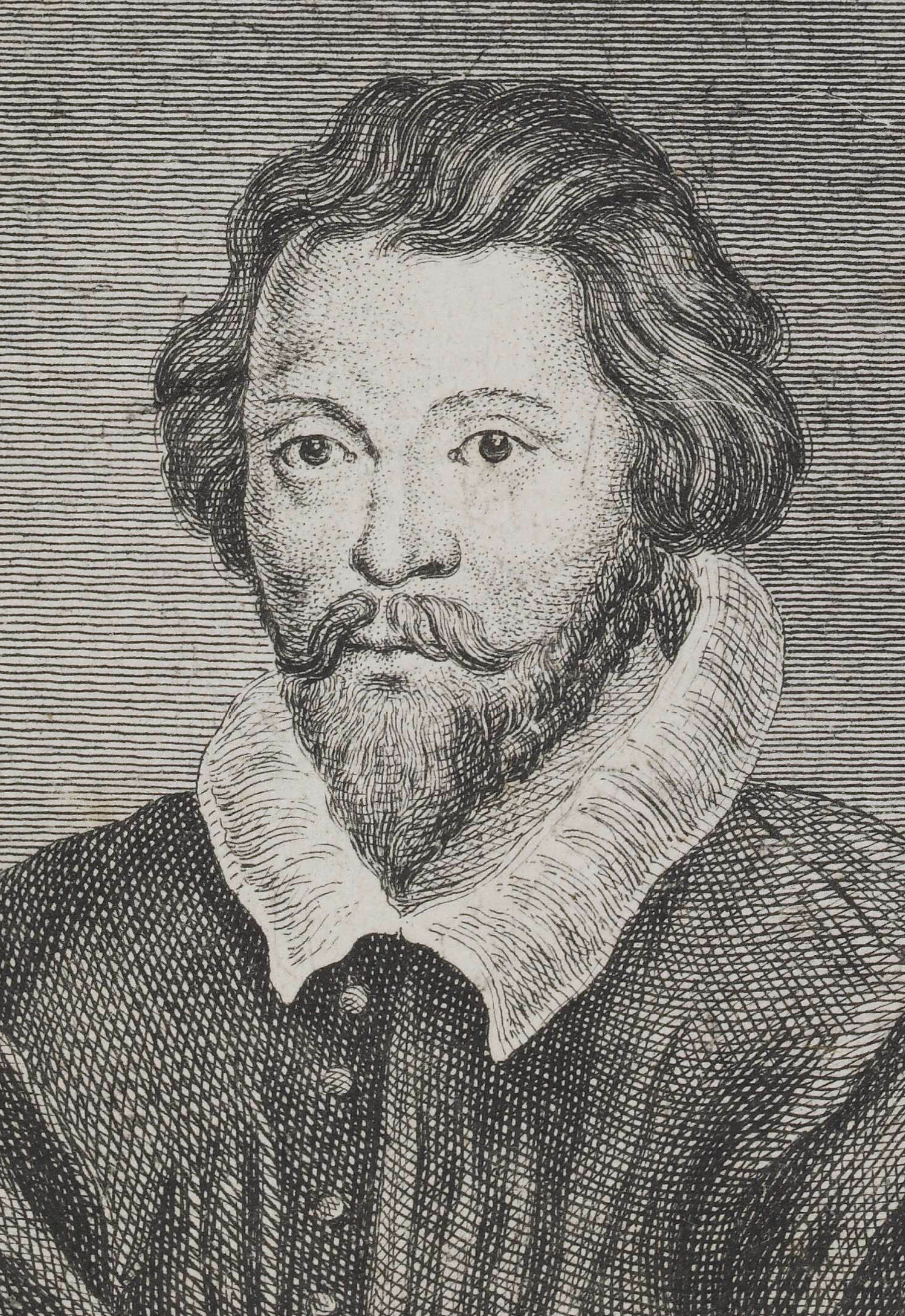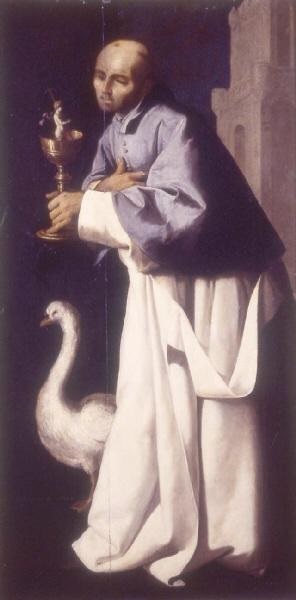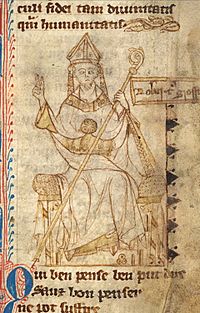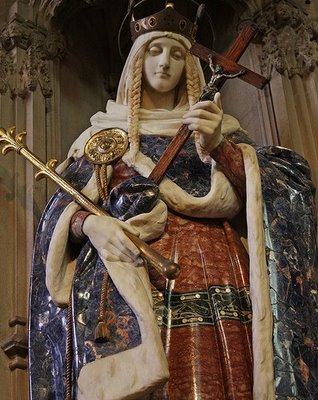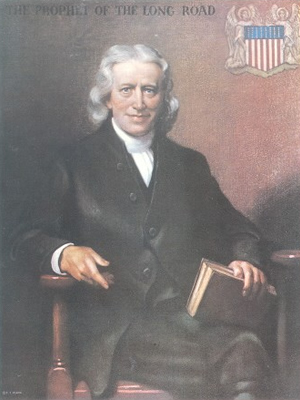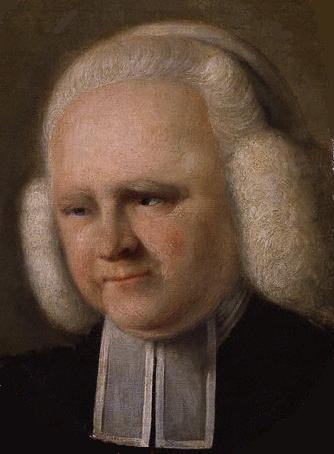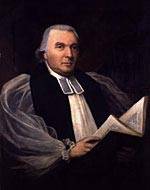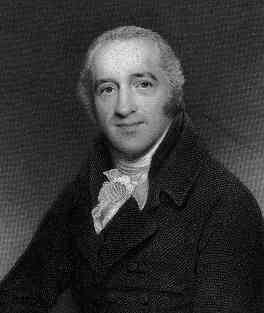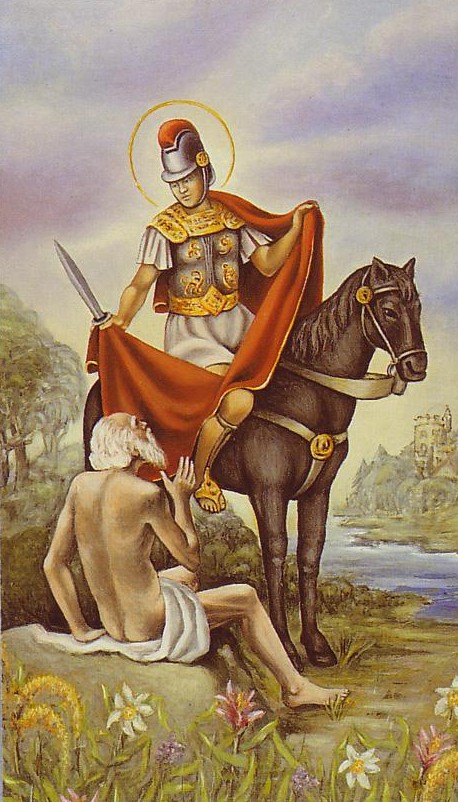Welcome to the Holy Women, Holy Men blog! We invite you to read about this commemoration, use the collect and lessons in prayer, whether individually or in corporate worship, and then tell us what you think. For more information about this project, click here.
About the Commemoration
John Merbecke was born in 1505 and nothing is known of hischildhood. As a young man he was a chorister at St. George’s Chapel, Windsor, and from 1541 until near the time of his death in 1585, he served as chapel organist.
Only a small handful of works by Merbecke have survived, most notably the Booke of Common Praier Noted, 1550, composed to accompany the 1549 Book. The appearance of the 1552 Prayer Book made it obsolete, but more recently, Merbecke’s musical setting has been widely used.
Thomas Tallis was born near the beginning of the fifteenth century and very little is known of his early life. After a succession of appointments as a church musician, he spent most of his vocation in service to the Crown as musician to the Chapels Royal under four successive monarchs, both Catholic and Protestant. Although always a Roman Catholic, Tallis had the political savvy to survive the shifts in ecclesial loyalties and the musical acumen to respond to the changing needs of the Church of England. He is regarded as the father of English Church music since the Reformation.
William Byrd was a student, colleague, business partner, and successor of Thomas Tallis. Most likely born in Lincolnshire in 1543, he was appointed organist and choirmaster of Lincoln Cathedral in 1563 and served until he joined Tallis as a gentleman of the Chapels Royal in 1572. Like Tallis, he was a lifelong Roman Catholic but was successful in winning the support for his music among Anglicans of Puritan tendencies, though not without occasional difficulties. His liturgical compositions cover a variety of musical forms: mass settings, motets, graduals, psalm settings, English anthems, and occasional music for the great feasts of the church. Byrd composed for the keyboard and wrote works perhaps best described as consort music for the more popular enjoyment of the court.
Tallis and Byrd collaborated on a number of projects and together held the Crown Patent for the printing of music and lined music paper for twenty-one years.
Collects
i O God most glorious, whose praises art sung night and day by thy saints and angels in heaven: We offer thanks for William Byrd, John Merbecke and Thomas Tallis, whose music hath enriched the praise that thy Church offers thee here on earth. Grant, we pray thee, to all who are touched by the power of music such glimpses of eternity that we may be made ready to join thy saints in heaven and behold thy glory unveiled for evermore; through Jesus Christ our Lord, who liveth and reigneth with thee and the Holy Spirit, one God, for ever and ever. Amen.
ii O God most glorious, whose praises are sung night and day by your saints and angels in heaven: We give you thanks for William Byrd, John Merbecke and Thomas Tallis, whose music has enriched the praise that your Church offers you here on earth. Grant, we pray, to all who are touched by the power of music such glimpses of eternity that we may be made ready to join your saints in heaven and behold your glory unveiled for evermore; through Jesus Christ our Lord, who lives and reigns with you and the Holy Spirit, one God, for ever and ever. Amen.
Psalm 47
Lessons
1 Chronicles 15:16,19–25,28
Revelation 15:1–4
John 15:1–8
Preface of a Saint (3)
